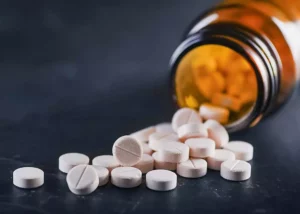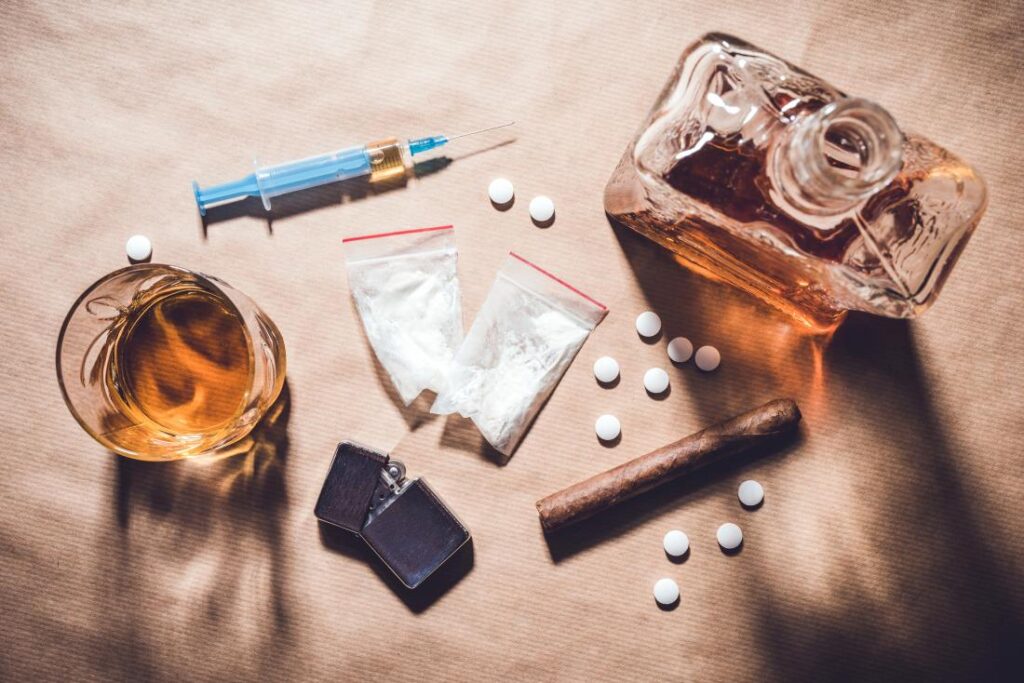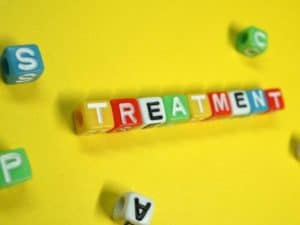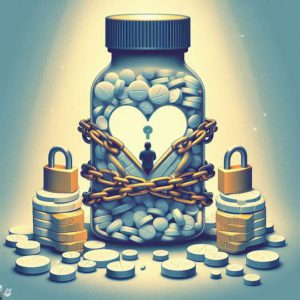
Unlocking Freedom from Suboxone Addiction at Summer House Detox Center
Suboxone addiction is a condition that may feel insurmountable to overcome, but with the right support and approach, freedom is achievable. At the Summer House
We want to make your stay here at the Summer House Detox Center as comfortable as possible. We provide a very relaxed environment where we administer the medication and supervise you as you go through withdrawal effects.
Our facility will be a home away from home where you can safely and comfortably begin the process of becoming sober. Summer House provides comfortable services and amenities during your stay.
Contact Us

Seek help today from Miami’s premiere private in-patient drug and alcohol detox center.
Summer House Detox Center will be by your side during the important but difficult step of detoxification, which includes supervised medicated treatments.
Our medical staff and therapists will guide you through the road of recovery that is tailored to your addiction. Everyone is special and will be treated with the respect and dignity you deserve as you treat your disease.
Start fighting back today!
Learn

We gather valuable information needed to determine and provide the best level of care for you.

May 8, 2019
Addiction is a psychological and physical inability to stop consuming a chemical, drug, activity, or substance, even though it is causing psychological and physical harm.
The term addiction does not only refer to dependence on substances such as heroin or cocaine. A person who cannot stop taking a particular drug or chemical has a substance dependence.
Some addictions also involve an inability to stop partaking in activities, such as gambling, eating, or working. In these circumstances, a person has a behavioral addiction.
Addiction is a chronic disease that can also result from taking medications. The overuse of prescribed opioid painkillers, for example, causes 115 deaths every day in the United States.
When a person experiences addiction, they cannot control how they use a substance or partake in an activity, and they become dependent on it to cope with daily life.
Every year, addiction to alcohol, tobacco, illicit drugs, and prescription opioids costs the U.S. economy upward of $740 billion in treatment costs, lost work, and the effects of crime.
Most people start using a drug or first engage in an activity voluntarily. However, addiction can take over and reduce self-control.

Not everyone that misuses a substance has an addiction.
Drug addiction and drug misuse are different. Misuse refers to the incorrect, excessive, or non-therapeutic use of body- and mind-altering substances.
However, not everybody that misuses a substance has an addiction. Addiction is the long-term inability to moderate or cease intake. For example, a person who drinks alcohol heavily on a night out may experience both the euphoric and harmful effects of the substance.
However, this does not qualify as an addiction until the person feels the need to consume this amount of alcohol regularly, alone, or at times of day when the alcohol will likely impair regular activities, such as in the morning.
A person who has not yet developed an addiction may be put off further use by the harmful side effects of substance abuse. For example, vomiting or waking up with a hangover after drinking too much alcohol may deter some people from drinking that amount anytime soon.
Someone with an addiction will continue to misuse the substance in spite of the harmful effects.
The primary indications of addiction are:

Stopping the use of a drug can lead to anxiety.
When a person has an addiction, and they stop taking the substance or engaging in the behavior, they may experience certain symptoms.
These symptoms include:
If a person has regularly used alcohol or benzodiazepines, and they stop suddenly or without medical supervision, withdrawal can be fatal.

Support groups and rehabilitation programs can be vital to recovery.
Medicinal advances and progress in diagnosing have helped the medical community develop various ways to manage and resolve addiction.
Methods include:
Addiction treatment is highly personalized and often requires the support of the individual’s community or family.
Treatment can take a long time and may be complicated. Addiction is a chronic condition with a range of psychological and physical effects. Each substance or behavior may require different management.
Addiction is a serious, chronic dependence on a substance or activity. The prevalence of addiction costs the U.S. economy hundreds of billions of dollars every year.
A person with an addiction is unable to stop taking a substance or engaging in a behavior, though it has harmful effects on daily living.
Misuse is different from addiction. Substance misuse does not always lead to addiction, while addiction involves regular misuse of substances or engagement in harmful behavior.
Symptoms of addiction often include declining physical health, irritation, fatigue, and an inability to cease using a substance or engaging in a behavior. Addiction can lead to behavior that strains relationships and inhibits daily activities.
Ceasing to use the substance or engage in the behavior often leads to withdrawal symptoms, including nausea and shaking. Do not attempt to suddenly stop using alcohol or benzodiazepines without medical supervision.
Addiction treatment can be difficult, but it is effective. The best form of treatment depends on the substance and the presentation of the addiction, which varies from person to person. However, treatment often involves counseling, medication, and community support.
If you or someone you know is struggling with addiction in Fort Lauderdale, give Summer House Detox Center a call at 800-719-1090 to schedule a FREE consultation. You can also visit us at 13550 Memorial Highway Miami, FL 33161. We are open 24 hours a day, 7 days a week.

Suboxone addiction is a condition that may feel insurmountable to overcome, but with the right support and approach, freedom is achievable. At the Summer House

Summer House Detox Center in Miami, Florida, is a private in-patient drug and alcohol detox center offering a tranquil environment for recovery from addiction. Our

Beat Xanax Addiction at Summer House Detox Center in Miami Are you battling with Xanax addiction and seeking a haven to reclaim your life? You
For immediate assistance, please call our Admissions Specialists at 800-719-1090.


Speak With A Qualified Addiction Specialist 24/7